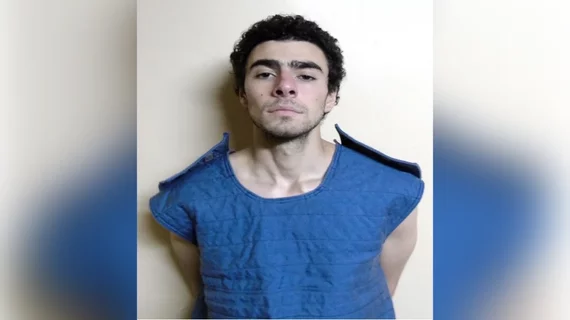DOJ seeking death penalty in murder case against Luigi Magione
The U.S. Department of Justice (DOJ) announced it will seek the death penalty in its case against Luigi Mangione, should he be found guilty of murdering UnitedHealthcare CEO Brian Thompson.
Attorney General Pam Bondi made the announcement Tuesday, tying the move to President Donald Trump’s agenda of, as put by Bondi in a memo, “Reviving The Federal Death Penalty And Lifting The Moratorium On Federal Executions.”
“After careful consideration, I have directed federal prosecutors to seek the death penalty in this case as we carry out President Trump’s agenda to stop violent crime and Make America Safe Again,” Bondi said in a statement.
Mangione, 26, faces both federal and state charges of capital murder in the slaying of Thompson, who was shot in New York City on Dec. 4 of last year. A nationwide manhunt led authorities to arrest Mangione, a man from Maryland, on Dec. 9 while he was eating at a McDonald’s in Pennsylvania.
He was officially indicted in New York for the murder on Dec. 19. The state does not have the death penalty, with the maximum penalty for first-degree murder being life in prison. However, the federal charge against Mangione, murder through use of a firearm, does allow for prosecutors working with the DOJ to seek the death penalty after a conviction.
Mangione will first face trial on the state charges before moving to federal court. He has pleaded not guilty on all counts against him.
The state case is currently in the preliminary process and has yet to enter jury selection.

